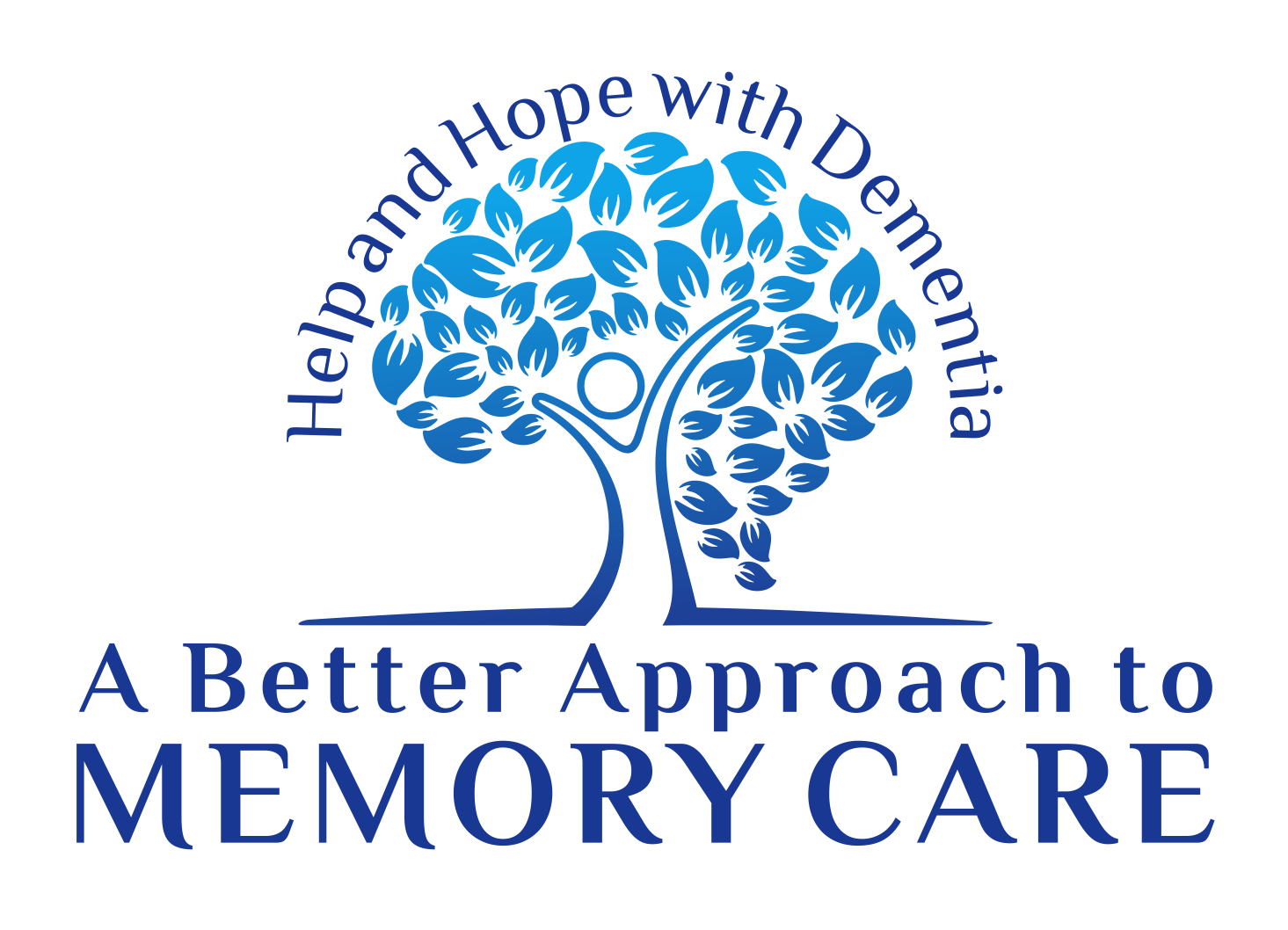#EP25: Neurodegenerative Diseases
The brain is an amazing and very complex part of the human central nervous system which also includes the spinal cord. It controls thinking, memory, language, hearing, learning, vision, balance and even our breathing and heart rate. It is hard to imagine all that the brain controls and monitors until something starts to malfunction. Neurodegenerative Disease is an umbrella term for the huge range disorders which primarily affect the neurons or brain cells. There is so much still to learn about how the brain works and can it replace or repair damaged neurons or not. Some popular examples of Neurodegenerative diseases include Alzheimer's, Parkinson's etc. Symptoms of these diseases are many and some you may have experienced, but they can also be indicative of other disorders. Let's compare the symptoms of some of the more popular diseases: Alzheimer's, Huntington's, Parkinson's and Amyotrophic lateral sclerosis. Some symptoms overlap yet others are specific to certain areas of the brain experiencing damage due to disease. When we dig a little deeper into the warning signs, the lists are long because people are unique and can be very different physically,
culturally, and involving a variety of comorbidities. This complicates the ability to find an accurate diagnosis and sometimes our loved one will not tolerate further testing. Then we do not and should not force this and frequently end up with the goal of comfort care and symptom management since we are unable to specifically diagnose our person. When we compare and contrast Alzheimer's vs Parkinson's we can immediately see that Alzheimer's frequently starts with cognitive decline and Parkinson's frequently starts with physical challenges. This is interesting but confirms that with different areas of the brain declining, symptoms can be very different. With Alzheimer's we see challenges with the hippocampus which leads to short term memory loss and is diagnosed with the presence of plaques and tangles. Parkinson's problems appear to stem from the substantia nigra which is a part of the basal ganglia that has a huge role in movement in our bodies. When dopamine is not produced a long list of problems can occur, one of which is trouble with movement and muscle tone. This is a very simple explanation to a couple of very complex diseases, but will suffice for our short lesson today. Ultimately our job is to love these individuals along on their journey with brain failure and make sure we care for ourselves too along the way! I know you GOT THIS and we are here to help.
Watch the full episode below
You can also click the link below to listen on Spotify
Teresa Rapp Youngstrom
Dementia Specialist
Teresa is a Seasoned Registered Nurse with more than 38 years of clinical and leadership experience. Diverse core competencies including Emergency and Trauma, Labor and Delivery, OR, ICU, Medical Surgical, Rehab, Hospice, Home Care, IV and Dementia Specialist, Private Duty Care, Marketer, Assisted Living and Memory Care Director, Staff Trainer, Speaker, Consultant and CE Provider. Her compassion for people living with Dementia is evident as soon as you meet her. She will provide your organization or family with excellent insight and care.
Please subscribe to us on all platforms
Spotify: https://open.spotify.com/show/78w36us...
YouTube: https://www.youtube.com/@teresayoungs...
LinkedIn: https://www.linkedin.com/in/teresayou...
Twitter: https://twitter.com/better_approach
For more videos visit our Vimeo Page https://vimeo.com/user121741900
Click Here to schedule a Consultation https://carepartnersupport.as.me/sche... Click Here for our Staff Training Trailer Video • A Better Approach...



